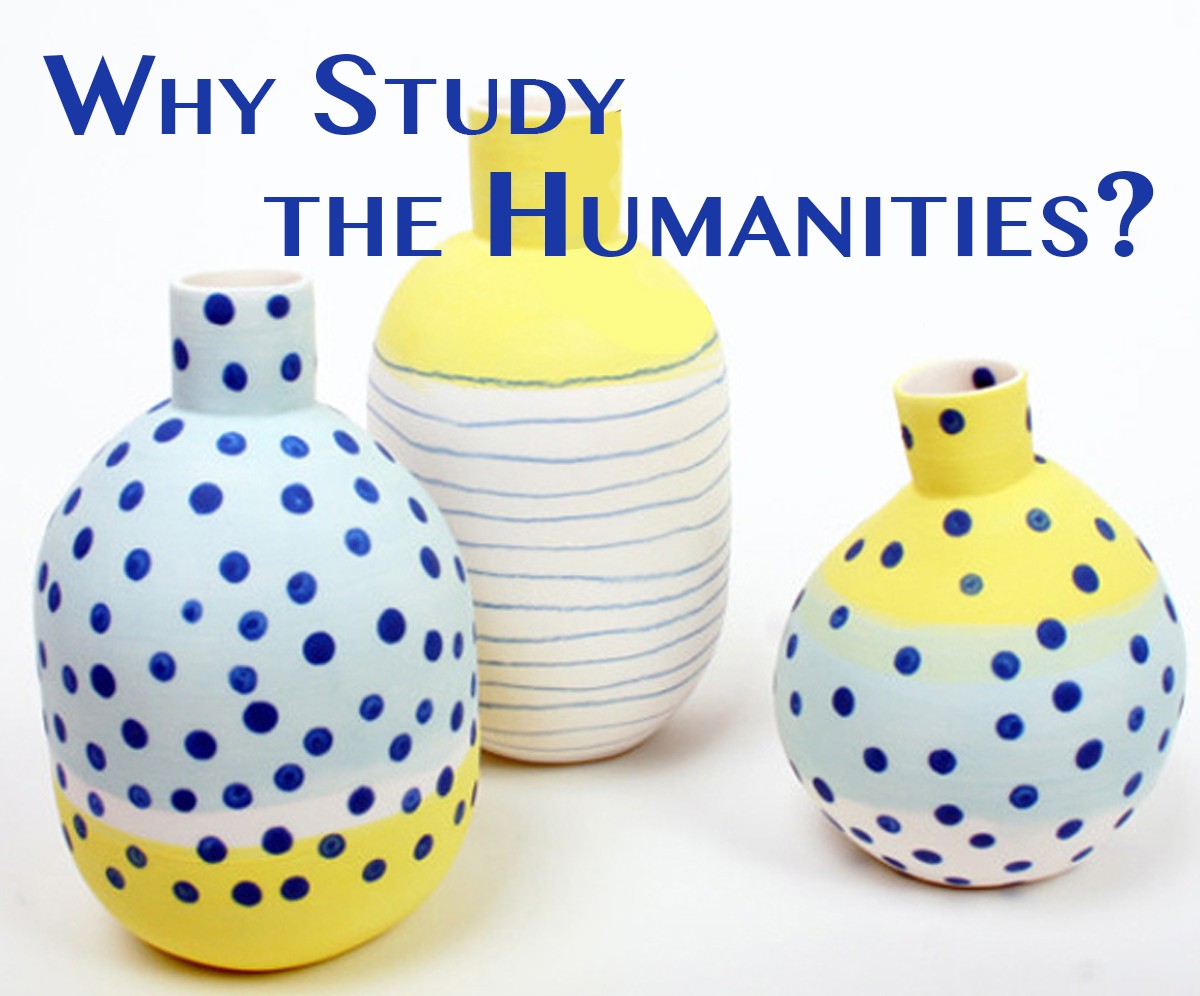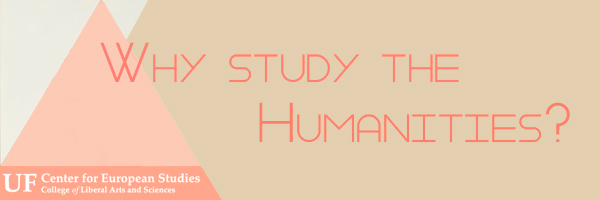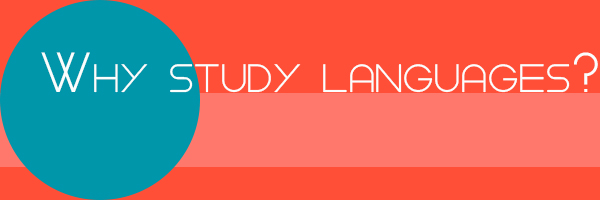Because your coursework and lectures will be not only fun and interesting, they will also help you to think critically about the world we live in and the human experience!
You’ll learn about riveting histories, be exposed to rich and distant cultures, and become immersed in beautiful works of literature and art. While immersed in the arts and culture, you will be cultivating your analytical, research and writing skills at the same time.
You’re also very likely to catch the travel bug while studying the humanities. Conveniently, there are a number of travel funding and research opportunities within the humanities fields that allow you to see the world beyond the United States.
The argument that humanities degrees translate to lower salaries than STEM and professional degrees paints an inaccurate picture that is in part contested by the salaries of people who go on to graduate school. You don’t have to stick to the sciences to have a financially comfortable career and a high quality of life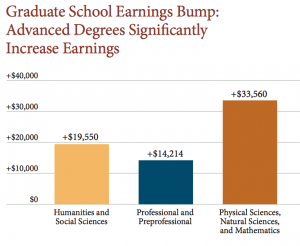
Humanities degrees are some of the biggest feeders to graduate programs, and not just humanities graduate programs. Many people who earn humanities degrees pursue opportunities in law school and the social sciences. The tools of thought you learn in a humanities bachelor program (how to reason, analyze, critique and argue) lend themselves well to further study in other fields.
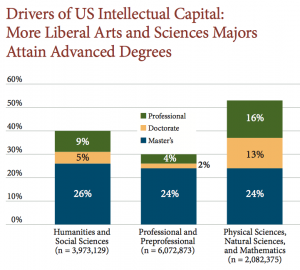

Humanities degrees are not just feeder programs for graduate schools but are useful, professional degrees in themselves. Being able to express yourself in a clear, analytically sound manner is unarguably useful in such careers as technical writing, public relations, human resources, management, and humanitarian work.
People with liberal arts degrees are increasingly becoming a popular hire in the tech world as well: “Throughout the major U.S. tech hubs, whether Silicon Valley or Seattle, Boston or Austin, Tex., software companies are discovering that liberal arts thinking makes them stronger”
Many Titans of the technology industry received humanities educations that equipped them with creative problem solving abilities, innovation and implementation skills as well as the interpersonal tools to become the heads of large and diverse companies.
The people skills that you learn in the HUMANities also lead to successful careers in sales, customer service, education, and social services.
Studying languages not only helps your career prospects, it also fosters a better understanding of the English language. English grammar that was utterly boring in your high school English class is made interesting and new when you contrast it with the grammar of a whole new language.
Learning a new language gives you first hand access to new people and cultures, broadening your worldview and understanding. Not only does learning about a new culture make you want to experience that culture through travel, learning languages gives you more access to the funding opportunities to do so. At the Center for European studies we offer summer travel grants as well as academic year and summer FLAS fellowships to study modern European languages.
|
|
